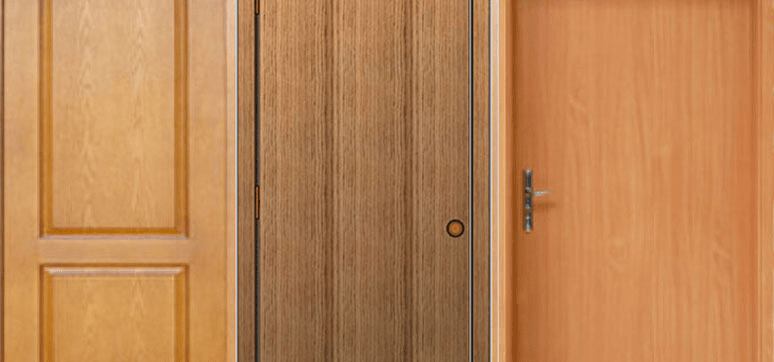A mortgage is a loan that allows you to finance the acquisition of your home. A mortgage is, technically speaking, a legal agreement under which property serves as collateral to secure the repayment of a loan. If all the terms of the mortgage are met, the borrower, i.e. you, will be the outright owner of the property at the end of the period provided for – usually after 25 years, but it can be less. Unless you’ve saved hundreds of thousands of dollars, you’ll probably need a mortgage. The vast majority of are in this situation.
Dissecting a Mortgage
The main components of a mortgage loan are principal, interest, amortization period, and term.
Capital
It’s the amount of money you borrow from a lender, which is the selling price of the property minus your down payment (the amount of money you pay upfront to buy a house).
Interests
This is the interest you are charged for the loan. As the interest payable by you is added to the capital, you always pay more to the bank than what you borrowed from it. The amount of interest you pay depends on many factors, including the prime rate, your personal credit rating, and your income level.
Amortization
This is the period of time over which you make payments in order to repay your loan. In Canada, the usual amortization period is 25 years, but it can last up to 30 years. The amortization period is different from the “term” of the mortgage loan. Your amortization period will include multiple terms.
Term
The term of the mortgage loan is the period during which you agree to the interest rate, the lender, and the conditions. Think of your term as a “refresh button” on your mortgage. At the end of the term, you can renew your mortgage, according to the principal remaining, at a new interest rate. Mortgage terms typically range from one to ten years.
Fixed and Variable Rate Mortgages
In fixed-rate mortgages, the interest rate is locked in when you get the loan and cannot change for the duration of your term. In a variable rate mortgage, the interest rate can go up or down during your term.
Which is better? It depends on your risk tolerance and how you expect interest rates to move in the future. Some people like the certainty of knowing that their interest rate will stay the same each month, which makes monthly budgeting easier and more consistent. However, you may end up paying more interest. In a variable rate mortgage, as the interest rate can fluctuate from month to month, if the rates go down, you pay less interest. Of course, if the rates go up, your monthly payment goes up too.
Open and closed mortgages
An open mortgage, as the name suggests, gives you the “freedom” to make additional payments without penalty. This gives you the option of making additional or accelerated payments.
In a closed mortgage, on the other hand, much tighter restrictions apply to such additional payments before your term expires. Some closed mortgages impose a heavy penalty if you pay them off before the end of the term. Other closed mortgages set a prepayment cap that you cannot exceed.
Which is better? Generally, the added flexibility that an open mortgage gives you will come at a cost to you — the interest rate for open mortgages is usually slightly higher than for closed mortgages.
Open Mortgage
Benefits
- You have the option of repaying all or part of your mortgage loan at any time, without any penalty.
- Your interest costs may be lower over the term of your mortgage.
Benefits
- Interest rates are generally lower.
Disadvantages
- Interest rates are generally higher.
Disadvantages
- Early repayments are limited.
- A penalty applies if you want to prepay the mortgage balance.
Obtain approval and qualify beforehand
Before you go house hunting, you should know how much money you are likely to be able to borrow. A lender will deem you eligible for a mortgage of a certain amount based on your assets, income, and debts. Start this process with a bank (or another lender) or with your mortgage broker.
Mortgage Brokers
Mortgage Brokers and Associates are licensed professionals who can help you through the complex process of negotiating and obtaining a mortgage.
The broker or associate does not make loans; rather, it acts as an intermediary between the borrower and the lender. He can act either on behalf of the borrower or on behalf of the lender, but not both at the same time.
When acting on behalf of the borrower, his role is essentially to compare offers from different credit institutions.





